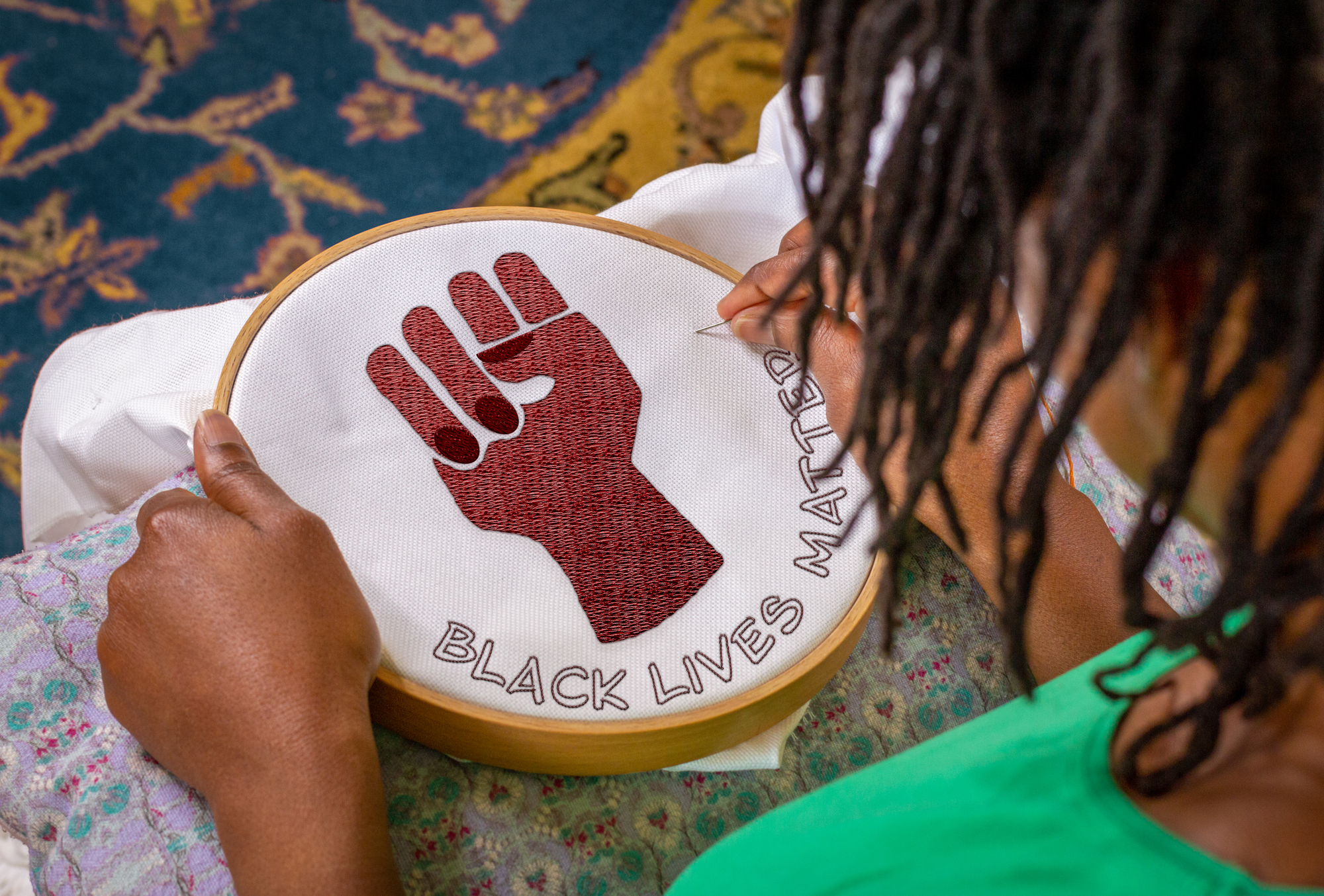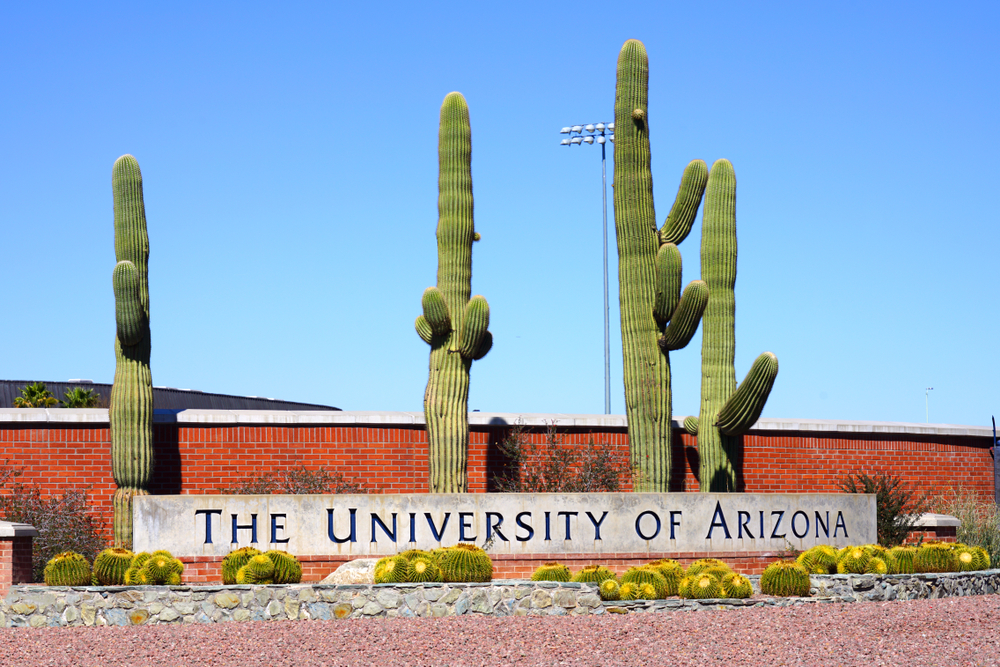A Quick Look at a Prestigious Prize for Works in American History or Diplomacy
/ Mike Scutari
It's safe to say historians don't enter the field due to the allure of philanthropic dollars. But money certainly never hurts.
The Edward M. Kennedy Prize for Drama Inspired By American History comes with an impressive $100,000 prize. Meanwhile, the New-York Historical Society American History Book Prize registers at a not-too-shabby $50,000.
Then there's the Bancroft Prize. Established in 1948 by a bequest from a historian, author and librarian Frederic Bancroft and awarded annually by the trustees of Columbia University, the prize recognizes distinguished works in either or both of the following categories: American history (including biography) and diplomacy.
The $10,000 prize may not be the most lucrative one out there, but it might be the most prestigious. Since its inception, 16 winners were also recipients of the Pulitzer Prize for History. This year's winners include the following:
- Andrés Reséndez, a professor at the University of California, Davis, for The Other Slavery: The Uncovered Story of Indian Enslavement in America, which argues that mass slavery at the hands of Spanish conquistadors, rather than epidemics, devastated the Native American population.
- Heather Ann Thompson, a professor at the University of Michigan, for Blood in the Water: The Attica Prison Uprising of 1971 and Its Legacy, which reconstructs the violent retaking of the prison and its legal aftermath.
- Nancy Tomes, a professor at Stony Brook University, for Remaking the American Patient: How Madison Avenue and Modern Medicine Turned Patients Into Consumers, which examines the origins of the notion that patients should "shop" for health care.
As far as the prize itself is concerned, according to Columbia, the word "American" is interpreted to include "all the Americas, North, Central, and South; however, the award is confined to works originally written in English or of which there is a published translation in English." Volumes of papers, letters, and speeches of famous Americans, unless edited by the author, are not eligible.
Based on last year's timetable, this year's application deadline will likely be November 1st. For more information and submission guidelines click here.






































